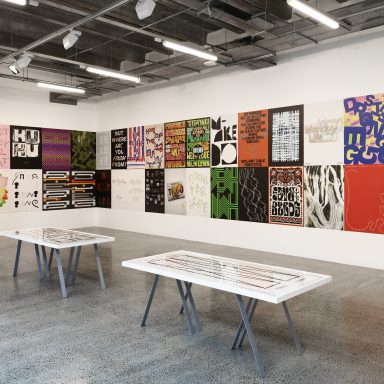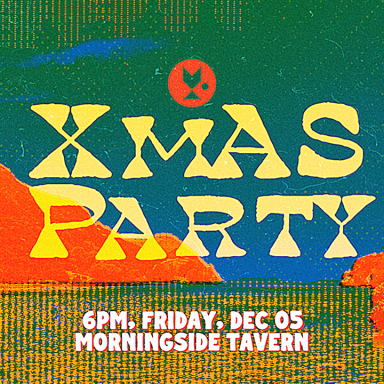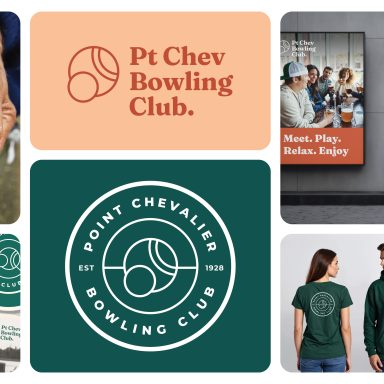5 minutes with… Fiona Murray, Senior Copywriter at Plato Creative
Ahead of our upcoming Christchurch DA Event: Autumn Conversations – Design & Accessibility we spoke with Fiona Murray who specialises in turning features into benefits and relaying those to specific groups of people in brand-appropriate language. She’s no stranger to pushing creatively and making a ‘big idea’ work across multiple mediums, from one-line billboards to complete websites full of content. Fiona shares her typical day at Plato, the things she is passionate about, and the factors she thinks will influence the future of Aotearoa design.

What is your background and how did you get into copywriting?
Even as a kid I could always churn out a great story. And when I haven’t been writing for a living, I’ve had a creative writing hobby on the side; I’ve half-written a few plays – I like writing dialogue. But creative writing is different from copywriting and that I got into working in radio. It began at Broadcasting School with these annual writing workshops. It turned out I quite enjoyed them and was pretty good at it, so I eventually became a radio copywriter and did that for a good 10 years before joining Plato.

Can you tell us about your career milestones and creative journey so far?
I left NZME and joined Plato in 2016; this is my fourth year here and I’ve learnt so much – about copywriting and brands and marketing and communicating, etc. The background in radio gave me a solid grasp of language and how to sell with words. But it’s been something else applying that across different mediums and all that entails! I guess what I’m saying is, while my radio years were awesome (shout out to the people who made it so), I feel like my creative journey – as in something that’s moving and evolving – has only really begun.
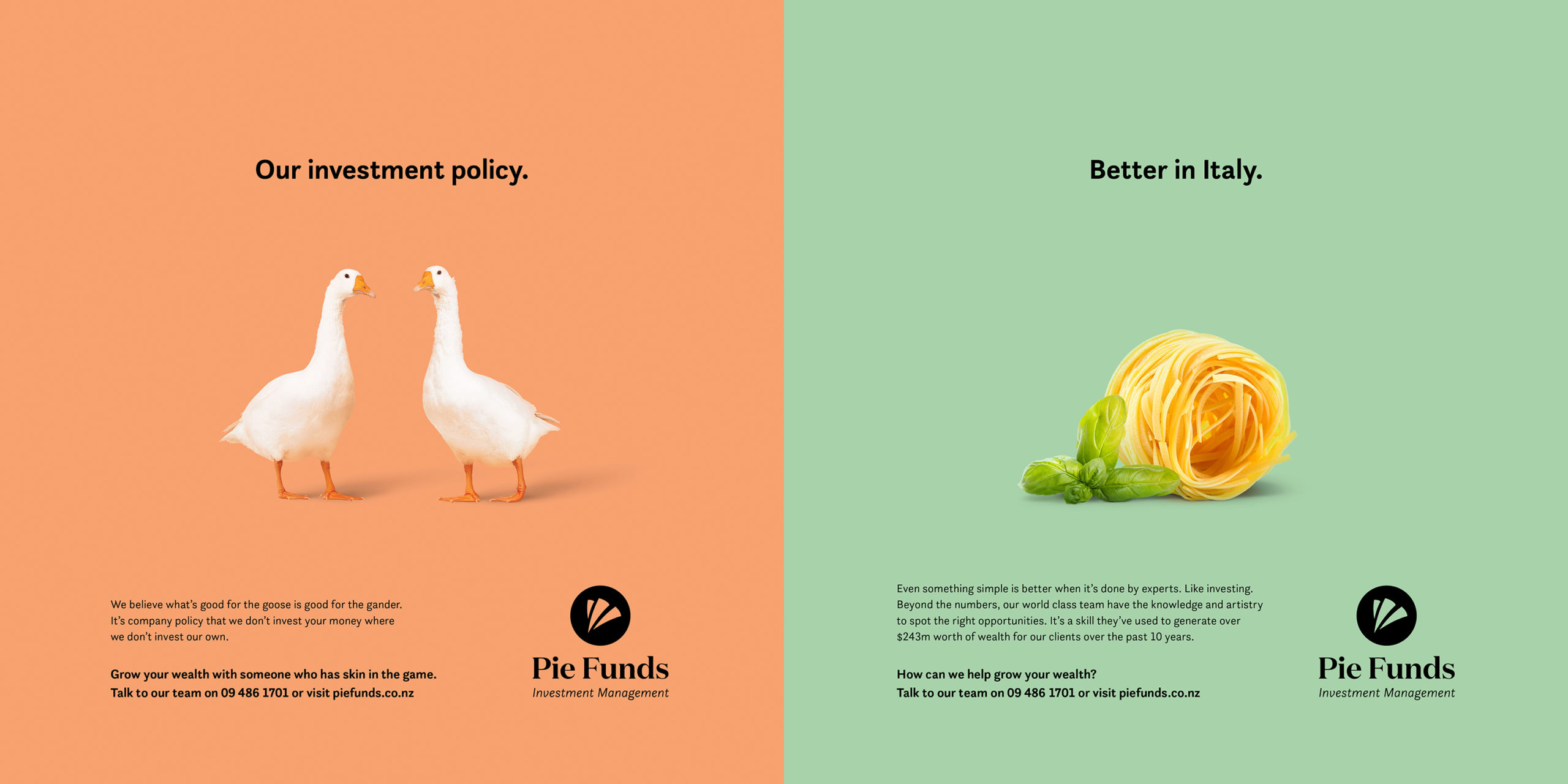
What does a typical working day at Plato involve for you?
Arrive. Cup of tea – large. Yarn with whoever’s around. Check emails. And then….it varies.
There’s a lot of writing and reading and rewriting.
There’s a lot of talking stuff out and working it over with my colleagues to make sure we’ve got the thinking right before we put things into action.
Meetings, presentations, workshops, more writing.
Laughs.
Dinner chat circa 4.30pm to find out who’s having the best tea that night.

What project, personal or professional, are you most proud of and why?
I’m really proud of the work we did with Community Foundations of NZ on their brand development. It’s a super-smart charitable model, which I found exciting because it’s nice to have a genuine point of difference to work with; and I really think it will help them make a difference. This project was one of the first I got involved in at the deep strategic level so it was rewarding to experience all the pieces click into place and this great work come out of it.
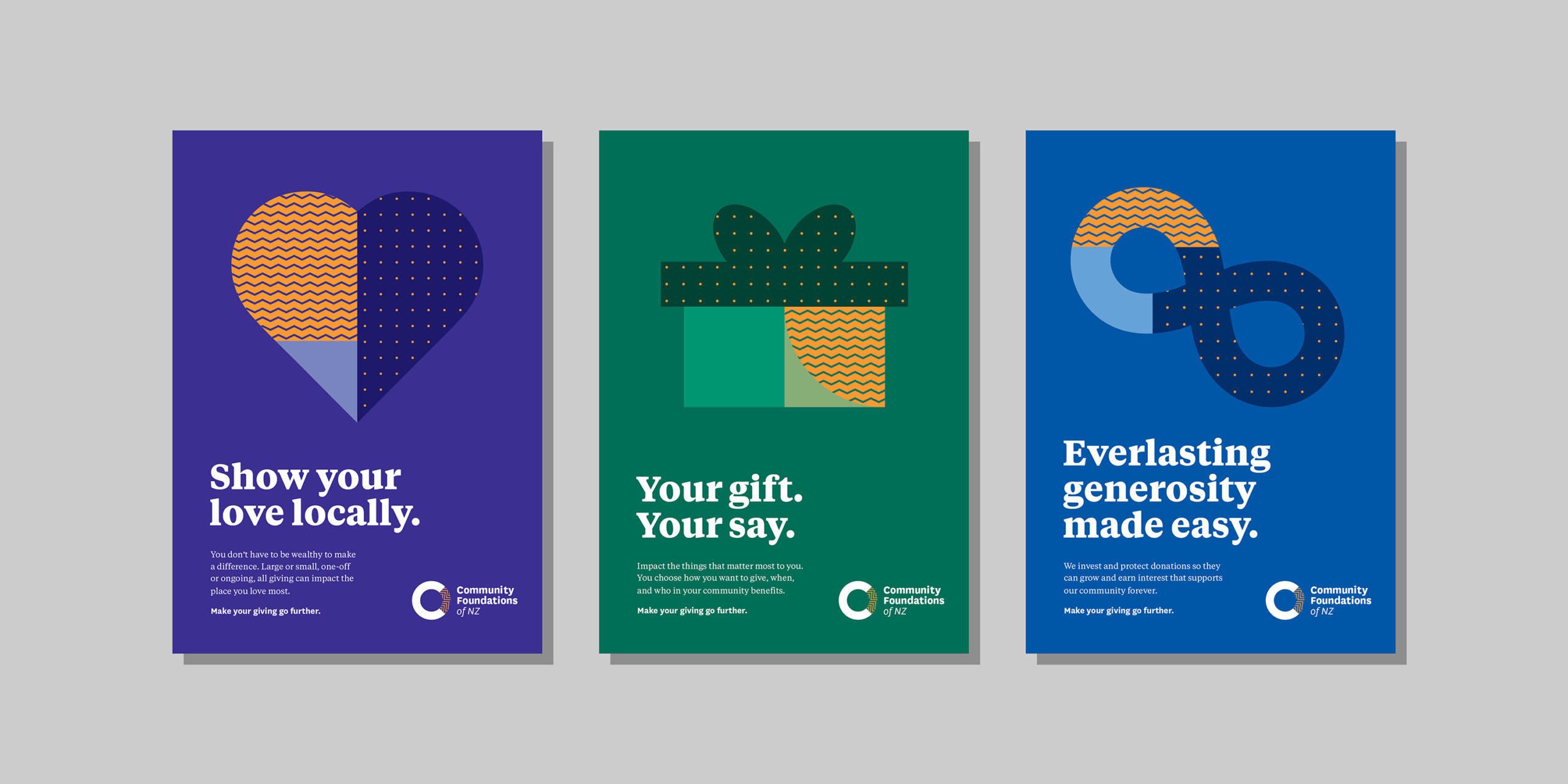
What role does accessibility play in your practice personally?
Hand on heart – still learning.
What are you most passionate about?
Right now, nothing else matters but Season 12 of Drag Race.

In your opinion what 3 factors will have the greatest impact on New Zealand’s design scene in the next 5 years?
I feel really out of my depth answering this because I technically only work on the fringe of design but here goes…
1. Sustainability. The creative industry – let’s look at the root word there: create. At some part in the journey, what we do helps stuff get made and put out into the world. We should be leading the charge and considering how sustainable are the design recommendations we’re making, eg. recyclable paper stocks, how do printing techniques affect that?; mass lots of promotional items all individually wrapped in plastic, etc. I think we’ll see an increase in appetite from brands and businesses for that sort of thing to be considered.
2. Gender Neutralism. I’m interested to see how this will change how we think about audience groups and build personas as we move into the future.
3. Inclusion and representation. When I think about how my thinking is different from my parents’ generation, it helps me appreciate how the ‘next generation’ (excuse the cliché) also think more differently again. This is a time when we’re encouraged to be ourselves and to accept others for being themselves and that it’s ok to be different. I think people are already hungry to see a diverse spectrum of humans and that will only grow to become the norm and an expectation. I’ve noticed it coming through in what I’m watching, people with disabilities or differences are being cast in roles that aren’t defined by that.

